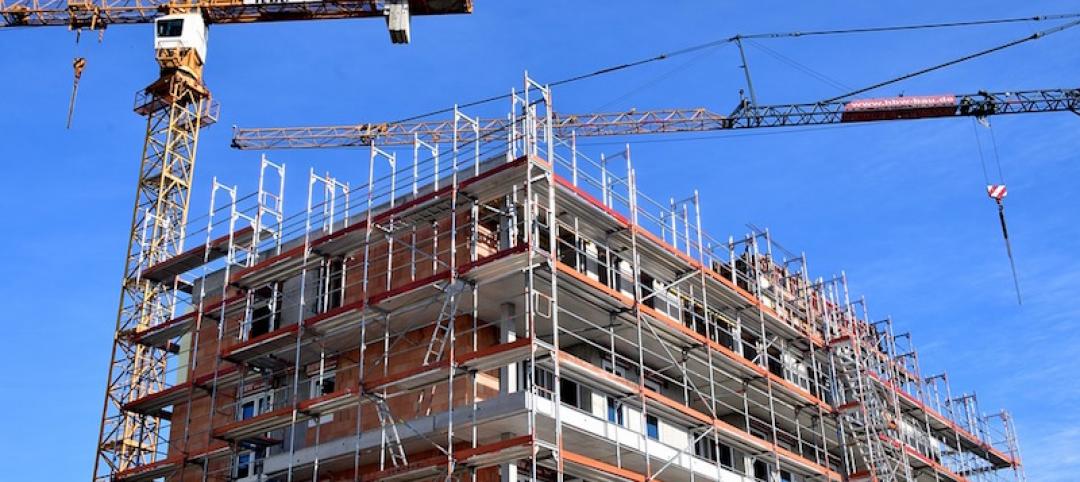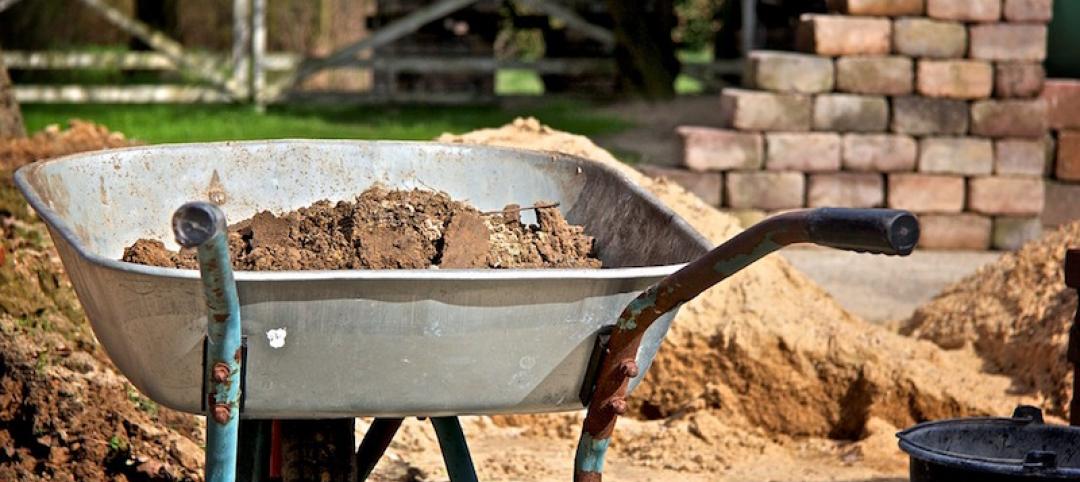President Trump and candidate Biden should establish and implement a nationwide plan for the distribution of approved coronavirus vaccines, the Associated General Contractors of America advised today in a letter to the two presidential candidates (Trump and Biden). Establishing such a nationwide plan will help avoid the confusion, delays and potential economic hardships that would result from delegating all responsibility to state and local officials.
“A thoughtful and comprehensive plan to rollout the ultimately approved vaccine for the coronavirus will ensure that the construction industry can continue to provide support for other critical sectors of the economy,” wrote Stephen E. Sandherr, the association’s chief executive office, in the letters to the two candidates. “There is the real potential that conflicting and confusing priorities at the state and local level will undermine the distribution process.”
Sandherr noted that one of the clear lessons to come out of the early response to the pandemic was that the distribution of essential medical supplies should not be completely delegated to the states. He noted that many of the association’s member firms struggled to locate essential personal protective equipment as states competed against each other to stockpile items like masks, hand sanitizers and gloves.
He cautioned that delegating all responsibility for the distribution of vaccines to the states would create similar problems. Instead, he urged federal officials to establish and implement a single federal plan for nationwide distribution of vaccines, just as it established and implemented a federal plan for their development. Such a nationwide plan would limit the risk of voluminous and conflicting guidelines at the state and local levels, Sandherr added.
The federal plan should also prioritize the rational distribution of vaccines, based on risk and need, to ensure that vaccinations are distributed to the same groups, in the same order, throughout the country. He suggested that the plan should begin with vulnerable populations, followed by essential workers who are at the greatest risk of infection, including first responders and health care workers. Construction workers should merit priority over other essential workers who have the option of working remotely, he added.
Sandherr also said a nationwide plan will mitigate the risk of public officials demanding that essential services like construction shut down until the vaccines are widely distributed. He noted that such shutdowns would inflict additional, needless, hardships on workers and their families. And the shutdowns would be in complete disregard of the widespread safety protocols that have been put in place to allow essential economic activities, like construction, to continue safely during the pandemic.
“The federal government and the private sector have gone to great lengths to facilitate the development of multiple vaccine candidates that will, hopefully, soon be approved and made available,” Sandherr noted. “The tremendous potential for this hard work and innovation to turn the country around will not, however, be realized if the subsequent distribution of vaccines is wholly delegated to state and local governments.”
Related Stories
Market Data | May 2, 2018
Construction employment increases in 245 metro areas between March 2017 & 2018, as trade fights & infrastructure funding shortfalls loom
Houston-The Woodlands-Sugar Land, Texas and Weirton-Steubenville, W.Va.-Ohio experience largest year-over-year gains; Baton Rouge, La. and Auburn-Opelika, Ala. have biggest annual declines.
Market Data | May 2, 2018
Nonresidential Construction down in March, private sector falters, public sector unchanged
February’s spending estimate was revised roughly $10 billion higher.
Market Data | Apr 30, 2018
Outlook mixed for renewable energy installations in Middle East and Africa region
Several major MEA countries are actively supporting the growth of renewable energy.
Market Data | Apr 12, 2018
Construction costs climb in March as wide range of input costs jump
Association officials urge Trump administration, congress to fund infrastructure adequately as better way to stimulate demand than tariffs that impose steep costs on contractors and project owners.
Market Data | Apr 9, 2018
Construction employers add 228,000 jobs over the year despite dip in March
Average hourly earnings increase to $29.43 in construction, topping private sector by nearly 10%; Association officials urge updating and better funding programs to train workers for construction jobs.
Market Data | Apr 4, 2018
Construction employment increases in 257 metro areas between February 2017 & 2018 as construction firms continue to expand amid strong demand
Riverside-San Bernardino-Ontario, Calif. and Merced, Calif. experience largest year-over-year gains; Baton Rouge, La. and Auburn-Opelika, Ala. have biggest annual declines in construction employment.
Market Data | Apr 2, 2018
Construction spending in February inches up from January
Association officials urge federal, state and local officials to work quickly to put recently enacted funding increases to work to improve aging and over-burdened infrastructure, offset public-sector spending drops.
Market Data | Mar 29, 2018
AIA and the University of Minnesota partner to develop Guides for Equitable Practice
The Guides for Equitable Practice will be developed and implemented in three phase.
Market Data | Mar 22, 2018
Architecture billings continue to hold positive in 2018
Billings particularly strong at firms in the West and Midwest regions.
Market Data | Mar 21, 2018
Construction employment increases in 248 metro areas as new metal tariffs threaten future sector job gains
Riverside-San Bernardino-Ontario, Calif., and Merced, Calif., experience largest year-over-year gains; Baton Rouge, La., and Auburn-Opelika, Ala., have biggest annual declines in construction employment.

















